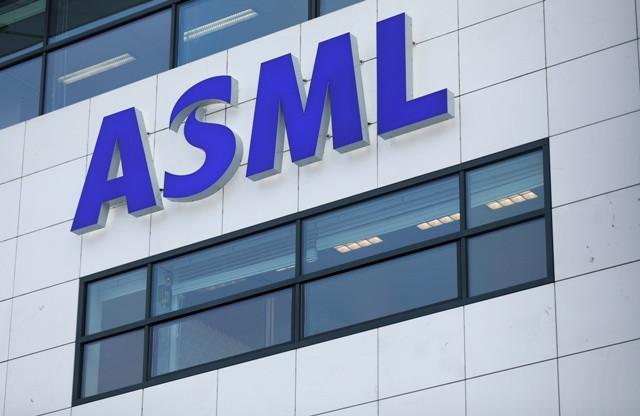The Trump administration reportedly influenced the Dutch government to cancel its sales of a license of an advanced microchip machine, known as ASML machine, to a Chinese customer, according to unnamed sources. The ASML machine in question is used for lithography, a technology that has commercial and military viability.
ASML, the company of the same name, is dubbed as the world's leader in lithography, a chip-making process that harnesses the power of extreme ultraviolet light beams to create the thinnest filament of silicon. The thin size makes it possible to create powerful microprocessors, memory chips, and other advanced components that may end up in electronics o military weapons.
The lithography machine falls under the Wassenaar Arrangement signed by 42 countries. Both Netherlands and United States are signatory to the agreement. Under the Wassenaar Arrangement, technology with commercial but possible military applications should follow export restrictions. The report was not clear whether the supposed shipment violated the agreement. Still, China is not a signatory of Wassenaar Arrangement.
What notable was that there are regulations currently in place that the U.S. may ask a license for high-tech products shipped to China from other countries. However, this regulation requires that the technology in question make up more than 25% of components made in the U.S.
The ASML machine at the center of controversy barely constitutes 25% of US-made components.
Still, with some loopholes, the Trump administration succeeded to stop sales of ASML machines to China, the sources said. They added that it was Secretary of State Mike Pompano who lobbied the Netherlands government to stop the sales. Indeed, not only does the supposed China deal was canceled, but also the government did not renew ASML's export license as well.
The move does not mean that lithography is inaccessible to other countries. In fact, the process is already used by Intel Corp, an American tech company; as well as Samsung Electronics in South Korea and TSMC of Taiwan.
If true, and the Trump administration, indeed had a hand in the canceled deal, this only goes to show the extent to which the U.S. is willing to go just to stop technology flows to China. The accusation meant that the present administration would not want China using what could be the world's fastest microprocessors.
This accusation came ahead of China-US phase one deal signing that is set to happen on January 15. Most recently, reports said Chinese trade negotiators will fly to Washington on January 13, in time for the scheduled signing. Chinese Vice Premier Liu He will lead the Chinese delegation.






